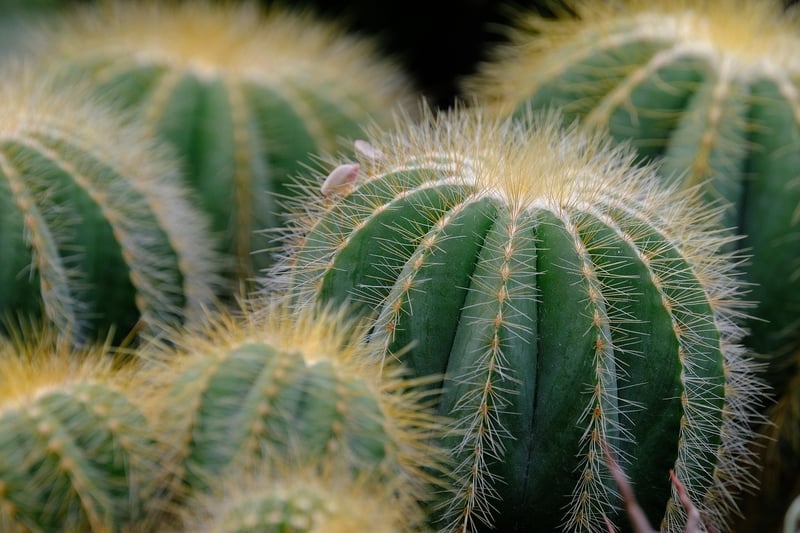Soil Requirements
Nurturing Plants: Tips for Success
Introduction
Plant nurturing is an art that requires patience, dedication, and knowledge of the plant's needs. By understanding the soil requirements and providing proper care, you can ensure your plants thrive and flourish. Here are some essential tips to help you in nurturing your plants effectively.
1. Choose the Right Soil
Plants thrive in soil that provides the necessary nutrients and good drainage. Depending on the type of plant, you may need sandy soil, loamy soil, or clay soil. Ensure the pH level of the soil is suitable for the specific plant you are nurturing.
2. Provide Adequate Watering
Watering is crucial for plant growth. Overwatering or underwatering can harm your plants. Ensure you water them regularly, but avoid waterlogging the soil. The frequency of watering depends on the plant type and environmental conditions.
3. Sunlight Exposure
Plants require sunlight for photosynthesis. Understand the sunlight requirements of your plants - whether they need full sun, partial shade, or full shade. Place your plants accordingly to ensure they receive adequate sunlight.
4. Fertilize Regularly
Provide your plants with essential nutrients by fertilizing them regularly. Choose the right type of fertilizer based on the plant's needs. Overfertilizing can be harmful, so follow the instructions carefully.
5. Pruning and Maintenance
Regular pruning helps in promoting healthy growth and maintaining the shape of the plant. Remove dead or diseased branches to allow for new growth. Additionally, inspect your plants regularly for pests and diseases.
Soil Requirements for Different Plant Types
a. Succulents
Succulents thrive in well-draining soil. Use a cactus mix or add sand and perlite to improve drainage. Avoid overwatering as succulents are prone to root rot.
b. Tropical Plants
Tropical plants prefer rich, organic soil that retains moisture. Mix peat moss or compost to enhance the soil's fertility and moisture retention capabilities.
c. Flowering Plants
Flowering plants require well-aerated soil with good drainage. Use a balanced fertilizer to promote blooming and healthy growth.
d. Vegetable Garden
For a vegetable garden, opt for nutrient-rich soil. Incorporate compost or organic matter to improve soil structure and fertility, ensuring a bountiful harvest.
Conclusion
By understanding the soil requirements and following these nurturing tips, you can create a thriving garden filled with healthy and vibrant plants. Remember to observe your plants regularly, adjust care practices as needed, and enjoy the rewarding experience of nurturing and watching your plants grow.




For more information on plant nurturing, visit Gardening Know How.
